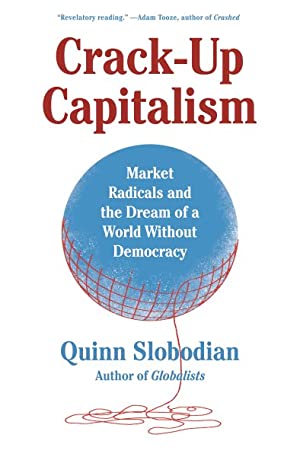In a recent post about unfair epistemic authority, Macarena Marey suggests that
In political philosophy, the centre is composed of the Anglophone world and three European countries…
One can think of “the center” in terms of people or of topics. Although Marey’s post is clearly about philosophers not philosophies, and I agree with her, one can also address the issue of “the centre” about philosophies.
For my part, I wonder the opposite: how come political philosophy is not Euro-centric? If Anglophone and European philosophers dominate the field, as indeed they do, why doesn’t European politics dominate political philosophy, too?
My point is not that European politics should dominate political philosophy, but that it is surprising that it does not. First, because philosophers often sought solutions to the political problems of their time (think of Montesquieu or Locke on the separation of powers; of Paine and Burke debating human rights during the French Revolution etc.). Second, because the European Union is a political innovation on many respects; had a philosopher presented the project (“imagine enemies at war pooling their resources”), it would have been dismissed as utopian. Finally, because EU is a complex organization which deals with enough topics that it is hard not to find yours. Topical, innovative, and complex – but not of interest for European hegemonic philosophers: is this not puzzling?
You doubt. But how would political philosophy look like if it was Euro-centred? Certainly, renewed — by philosophical views tested at the European level or inspired by the European institutions. For example, there would be philosophical analyses of “new” topics such as:
- Freedom of movement – a founding freedom of the European union over the last 70 years. Surprisingly, there is not a single philosophical treaty on this freedom today (although freedom of speech, of assembly etc. are well represented); all philosophical studies reason as if it were natural to control immigration, as if open borders were an unrealistic utopia – in short, as if the EU did not exist (neither Mercosur‘s or African Union‘s institutions).
- Distributive justice between states or within federal states – a political reality since the 1950s or earlier. But since the 1970s, philosophers have been praising Rawls, Walzer, and others who argue that redistribution between states is not a matter of justice (no reviewer have ever asked them whether the existing European/international redistribution was unjust etc.).
- Justice of extending / fragmenting states and federations of states – today, cosmopolitanism is considered in opposition to nationalism, not to regionalism or federalism; secession/ unions are under-discussed in theories of justice or critical race theory; there are more philosophical studies on just wars than on peace etc.
Many other sources of philosophical renewal are not specific to the European Union but could have been be activated if political philosophy was Euro-centric. For example, international aid has been institutionalized since the WWII (as I have briefly shown here), but prominent philosophers reason about its justice as if it did not exist. Less prominent philosophers should adapt to the existing terms of the debate.
In short, if political philosophy was a little more Euro-centric, its questioning would be renewed and more realistic. If it is not, the problem of political philosophy is not “Euro-centrism” but “centrism” tout court: we tend to organize around a few “prominent philosophers” and their views rather than around originality, pluralism, and truth.
